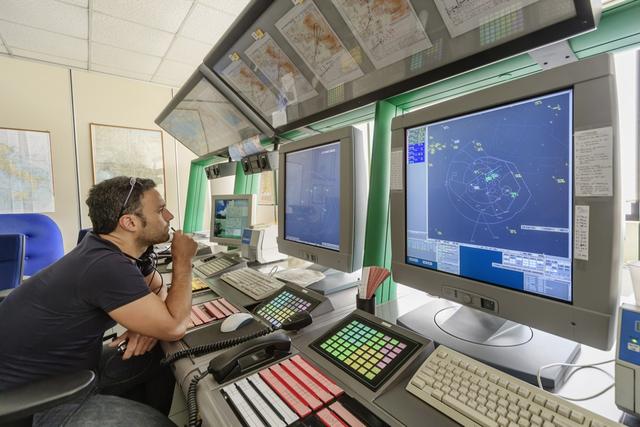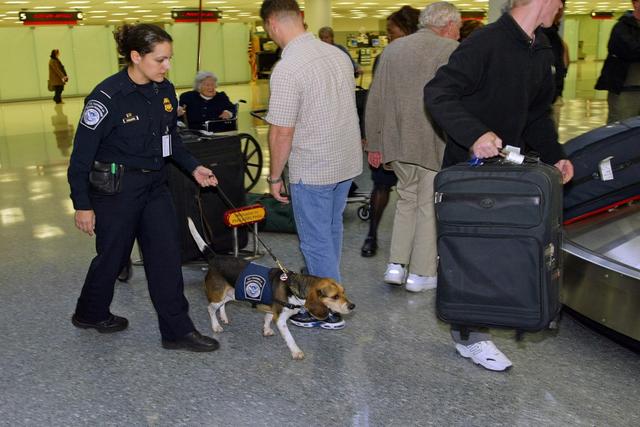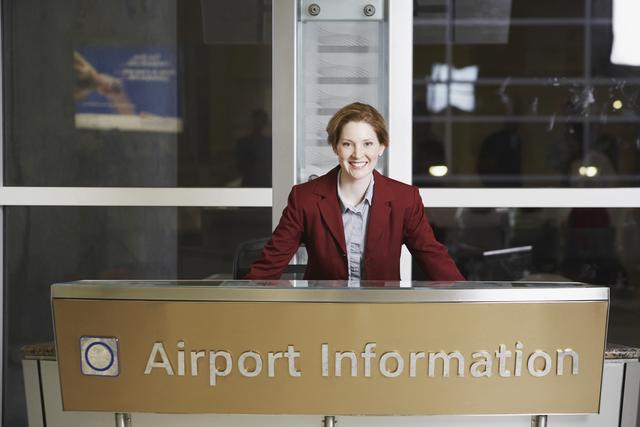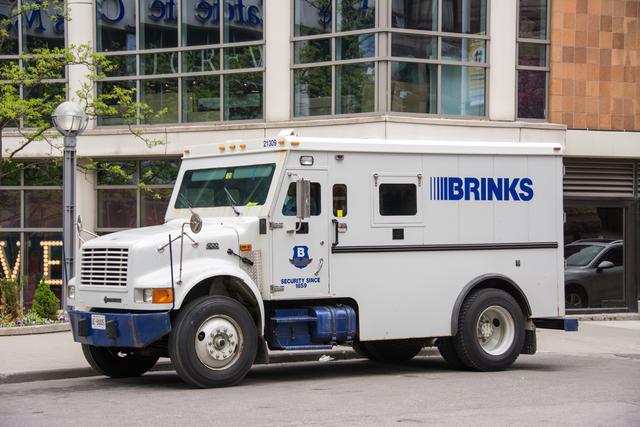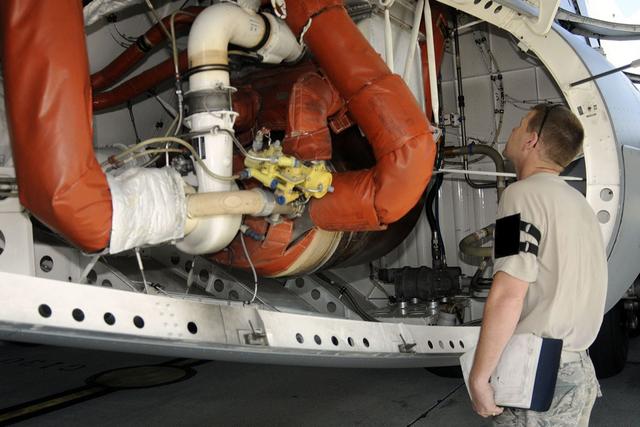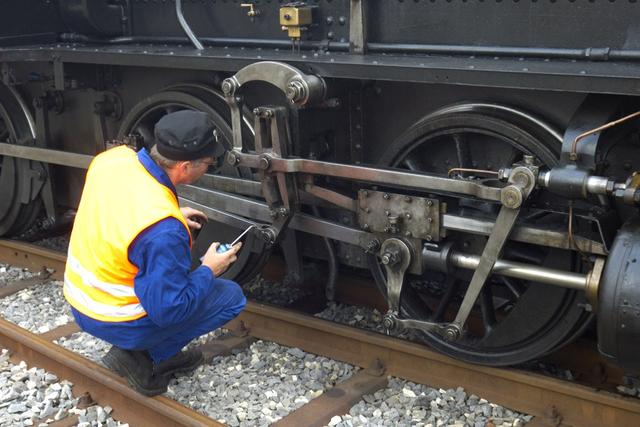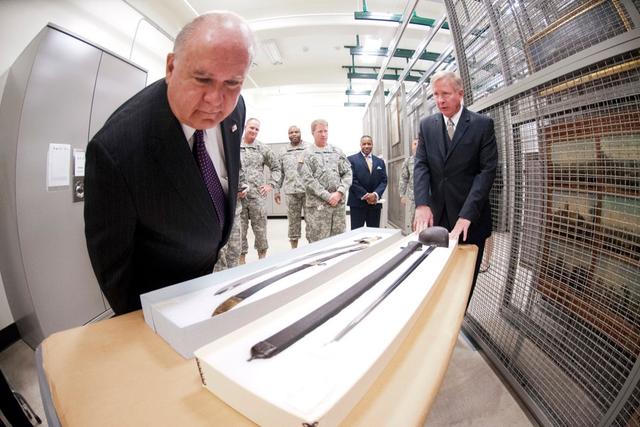Reservation and Ticket Agents
Overview

Introduction
Reservation and ticket agents are employed by airlines, bus companies, railroads, and cruise lines to help customers in several ways. Reservation agents make and confirm travel arrangements for passengers by using computers and manuals to determine timetables, taxes, and other information.
Ticket agents sell tickets in terminals or in separate offices. Like reservation agents, they also use computers and manuals containing scheduling, boarding, and rate information to plan routes and calculate ticket costs. They determine whe...
Quick Facts
Median Salary
Employment Prospects
Minimum Education Level
Experience
Skills
Personality Traits
Earnings
According to the U.S. Department of Labor, reservation and transportation ticket agents earned median salaries of $38,380 in 2019. The lowest paid 10 percent of these workers made about $22,050 per year, while the highest paid 10 percent earned more than $58,590 annually.
Most agents can earn overtime pay; many employers also pay extra for night work. Benefits vary according to the place...
Work Environment
Reservation and ticket agents generally work 40 hours per week. Those working in reservations typically work in cubicles with their own computer terminals and telephone headsets. They are often on the telephone and behind their computers all day long. Conversations with customers and computer activity may be monitored and recorded by their supervisors for evaluation and quality reasons. Agents ...
Outlook
Employment for reservation and ticket agents is expected to decline by approximately 3 percent through 2029, according to the U.S. Department of Labor. Technology is changing the way consumers purchase tickets. Ticketless travel and electronic ticketing—automated reservations ticketing—is reducing the need for agents. In addition, many airports now have computerized kiosks that allow passengers...





